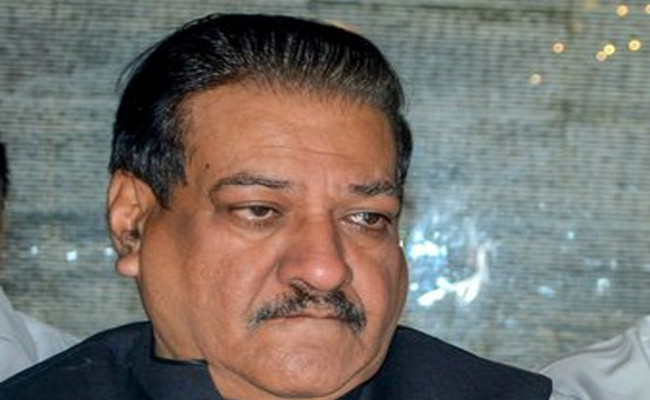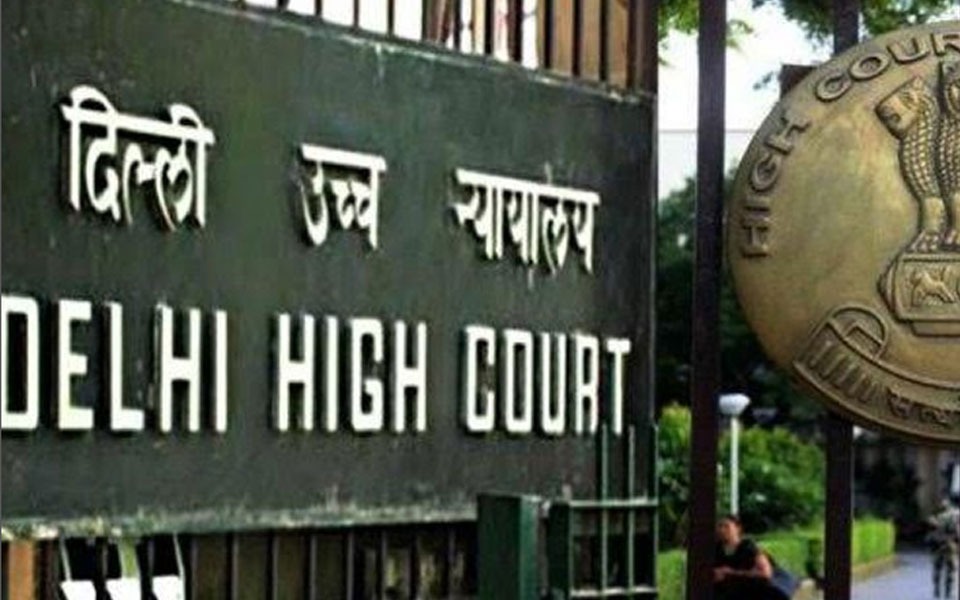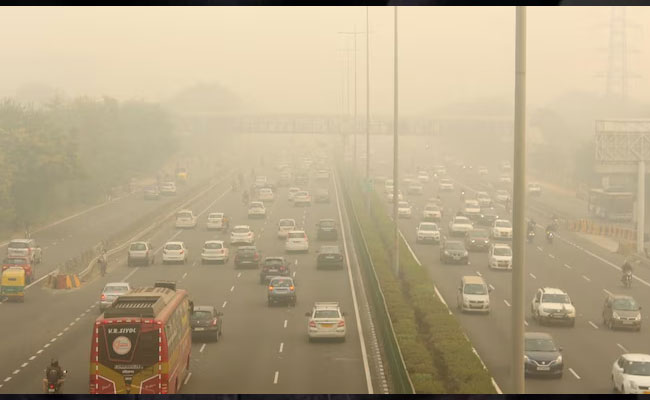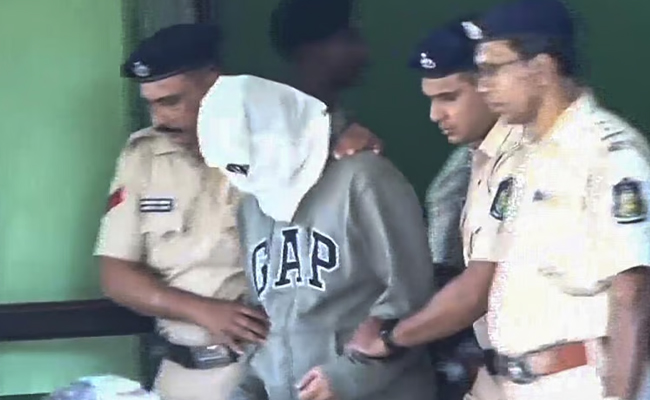Meerut: The murder of Merchant Navy officer Saurabh Rajput in Meerut has sparked a political debate after Samajwadi Party (SP) leader Deepak Ranjan presented a blue drum to Uttar Pradesh Deputy Chief Minister Brajesh Pathak at an event in Lucknow on Tuesday. The gesture, captured in viral images, was seen as a jibe at the state’s law and order situation.
Rajput’s wife, Muskan Rastogi, confessed to killing him with the help of her lover, Sahil Shukla. The duo dismembered Rajput’s body and concealed it in a blue drum filled with cement. The crime has turned the blue drum into a chilling symbol, widely referenced in memes and social media discussions.
SP leader Ranjan’s act of gifting a blue drum has ignited debate over governance and security in Uttar Pradesh. The move, made during the ‘Lantrani Hasya Utsav’ event in Lucknow, has further intensified political discourse.
The case has also affected sales of blue drums, particularly in Meerut and Aligarh, where shopkeepers report a decline due to public apprehension. Some sellers have urged people not to stigmatise the item.
Muskan Rastogi and Sahil Shukla remain in jail, facing trial for the gruesome murder.
Fogg से भी ज़्यादा चलने वाला आइटम ये नीला ड्रम ही है । अब तो लोग उप मुख्यमंत्री तक को गिफ्ट कर रहे है
— Amrish Srivastava🇮🇳 (@amrishsonu) April 2, 2025
सपा प्रवक्ता दीपक रंजन ने DCM ब्रजेश पाठक को नीला ड्रम भेंट किये... @brajeshpathakup @DeepakRanjanSP @yadavakhilesh pic.twitter.com/2axEC2XEKt
Let the Truth be known. If you read VB and like VB, please be a VB Supporter and Help us deliver the Truth to one and all.
Mumbai (PTI): Despite facing criticism, senior Congress leader Prithviraj Chavan on Wednesday stood by his controversial comments that India faced a "total defeat" in aerial fight with Pakistan on the first day of Operation Sindoor on May 7.
The former Union minister refused to apologise for his comments on the Indian military operation against terror hubs in Pakistan and PoK in aftermath of massacre of tourists at Pahalgam in Jammu and Kashmir in April.
Talking to reporters in Pune on Tuesday, Chavan claimed India faced a "total defeat in the aerial fight (with Pakistan) on May 7 which lasted for half-an-hour".
"One may believe this or not. After that the Indian Air Force got grounded and not a single aircraft took flight that day.... be it Gwalior, Bhatinda or Sirsa, there was a possibility of aircraft being shot down, so our complete Air Force was grounded," the former Maharashtra chief minister had said.
Hitting out at Chavan, Maharashtra Deputy Chief Minister Eknath Shinde accused the Congress of speaking the language of Pakistan. He said questioning the military action was akin to demoralising the morale of armed forces.
ALSO READ: New safety wristbands launched for children at Makkah’s Grand Mosque
"The criticism does not stem from the love of the nation, but love for Pakistan," said the chief leader of the Shiv Sena, a key constituent of the BJP-led NDA.
Chavan, however, remained defiant.
"There is no question of apologising. The Constitution has given me the right to ask questions," the Congress veteran asserted.
Chavan also questioned the need of having a 12-lakh strong Army when future wars will be about aerial combats and missiles. "During Operation Sindoor we saw that there was no movement of the Army even for a kilometre," he had said.
BJP Lok Sabha MP and spokesperson Sambit Patra said Chavan's remarks are loaded with sedition.
"He (Chavan) has refused to apologise. The Indian armed forces struck 100 kms inside the Pakistan territory and destroyed 11 air strips (of the Pakistani Air Force). He made remarks that the Indian Army did not even move an inch (during the military operation). This is nothing but a statement full of sedition, a statement of a traitor," Patra said, lashing out at the Congress leader.
The BJP spokesperson maintained the Congress appears to be standing with Chavan and alleged the Opposition party is playing into foreign hands.
Congress leaders Sonia Gandhi and Priyanka Gandhi Vadra should apologise for it, he added.
Union minister Giriraj Singh of the BJP insisted it was not right to devalue the valour of Indian armed forces.
Samajwadi Party MP Virendra Singh suggested that wherever armed forces are concerned, every Indian should be mindful of statements they make and ensure their comments do not demoralise the military.
Operation Sindoor was a result of "mistakes of politicians", he claimed.
TDP MP Krishna Devraylu said after the poll defeat in Bihar, the Congress is rattled and their leaders have been talking absurdly.
"Chavan's remarks are a prime example of this. This kind of disrespect to our armed forces is not necessary. If the Congress is angry with the NDA, it should show it in a different way and not drag armed forces into it," Devraylu opined.
AAP MP Ashok Mittal said such statements should not be made by any senior politician, especially by someone who has been a former chief minister.
The Indian armed forces registered a strong victory and destroyed terror launchpads in Pakistan during Operation Sindoor, Mittal added.





